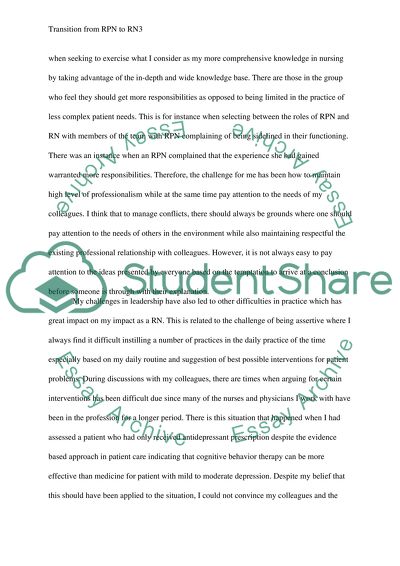Cite this document
(“Reflection paper- transition from RPN to RN Assignment”, n.d.)
Retrieved from https://studentshare.org/nursing/1649759-reflection-paper-transition-from-rpn-to-rn
Retrieved from https://studentshare.org/nursing/1649759-reflection-paper-transition-from-rpn-to-rn
(Reflection Paper- Transition from RPN to RN Assignment)
https://studentshare.org/nursing/1649759-reflection-paper-transition-from-rpn-to-rn.
https://studentshare.org/nursing/1649759-reflection-paper-transition-from-rpn-to-rn.
“Reflection Paper- Transition from RPN to RN Assignment”, n.d. https://studentshare.org/nursing/1649759-reflection-paper-transition-from-rpn-to-rn.


